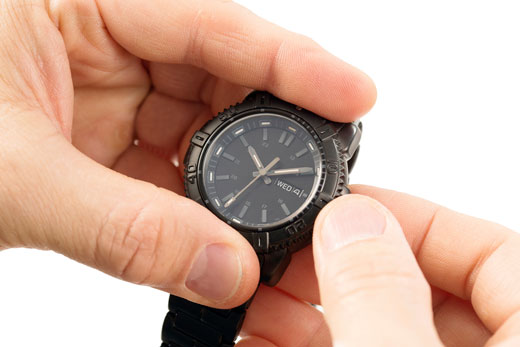Daylight Saving will end this Sunday, when 3am becomes 2am, and people are being reminded to put their clocks back by one hour before they go to bed on Saturday night.
As well as changing the clocks, the end of daylight saving is an opportune time for people to check their household emergency plans, survival items and home smoke alarms.
Daylight saving ends on Sunday, when clocks go back by one hour.
The daylight saving period runs from the last Sunday in September to the first Sunday in April.
This year daylight saving will recommence on September 27.
New Zealand was one of the first countries in the world to officially adopt a nationally observed time standard.
New Zealand Mean Time, adopted on November 2, 1868, was set at 11 hours 30 minutes ahead of Greenwich Mean Time.
Greenwich Mean Time was established by British Railways in the 1840s but was not made Great Britain's standard time until 1880.
Entomologist and astronomer George Hudson was the earliest known advocate of daylight saving in New Zealand.
Hudson presented a paper in Wellington in 1895 advocating for seasonal time adjustment.
The idea was ridiculed and it was 1909 when the issue was next raised by Hon. Sir Thomas Sidey, who argued for putting clocks forward by an hour during summer.
A member's bill was put to parliament but rejected. Thomas, however, kept putting his bill forward every year until it was adopted in 1927.
Over the years the bill has been revised, with the latest revision in 2006.
A petition to extend daylight saving was presented to Parliament, which contained an estimated 42,000 signatures.
The Minister of Internal Affairs Hon Rick Barker announced on April 30, 2007, that the period of daylight saving would be extended to run from the last Sunday in September until the first Sunday in April.



0 comments
Leave a Comment
You must be logged in to make a comment.